
Healthy sleep for healing
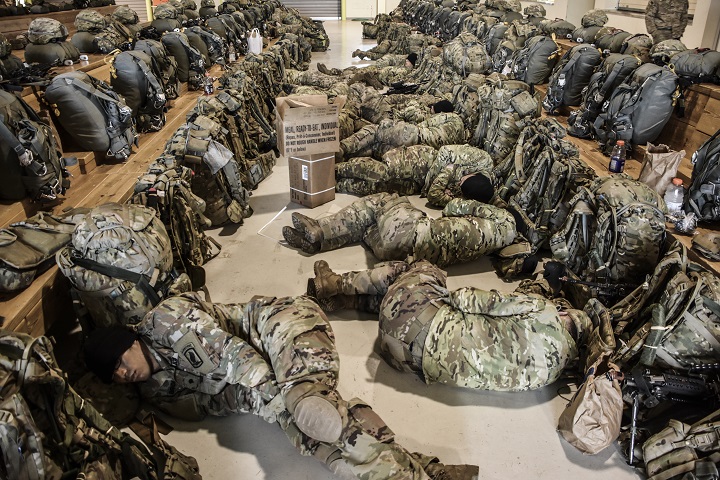
Sleep is an important factor in health. In addition to aiding in the healing of the body after injury, studies suggest that sleep can help boost the immune system, prevent disease, and ease depression. (U.S. Army photo by Lt. Col. John Hall)
Sleep is an important factor in health. In addition to aiding in the healing of the body after injury, studies suggest that sleep can help boost the immune system, prevent disease, and ease depression. Yet a common complaint among service members and veterans with traumatic brain injury is difficulty sleeping. Many people with brain injuries also experience sleep disorders.
Sleep disorders and sleep disturbances are two different things.
A concussion and a sleep disorder can present with similar symptoms such as irritability, headaches, anxiety, and inability to focus. Treatment of TBI starts with the treatment of sleep to help determine which symptoms are related to poor sleep and which are injury related.
“For instance, something like short-term memory is very impacted by sleep loss,” said Dr. Janna Mantua principal investigator studying sleep at Walter Reed Army Institute of Research. “Ruling out sleep disorders that might be undetected is really critical.”
For those with a TBI, sleep disturbances or poor sleep can actually slow recovery and worsen symptoms, according to DVBIC officials. Those who are not getting adequate sleep report more pain, irritability, memory loss and functional problems.
Mantua said historically people with brain injuries were kept awake to monitor symptoms, but that is no longer the guidance. “The general recommendation is the opposite: to rest, to stay in the dark, to not look at any screens,” she said.
Sleep can be sabotaged by choosing to sleep at the wrong time, getting too much screen time before bed, or self-medicating. “A Better Night Sleep” podcast, produced by the Defense Health Agency, gives practical tips on sleep disorders and information on the evidence-based treatments that really work.
“The number one nonprescription drug people are taking to help them get to sleep at night is a beer or a glass of wine, or other kinds of alcohol,” said Dr. Julie Kinn, research psychologist at DHA. “But then, you’re putting a lot of sugar into your body, you’re going to metabolize it in a few hours and need to get up and go to the bathroom, and then you’re going to be wide awake. Plus drinking alcohol doesn’t help you learn other good ways of getting to sleep like meditating, purposefully relaxing or turning of all your screens, etc.”
Patients and healthcare providers have access to resources for learning healthy sleep habits. The Defense and Veterans Brain Injury Center recently released a Sleep Interactive Provider Training to teach military providers the evaluation and management of sleep disturbances following concussion in a deployed and non-deployed primary-care setting. The interactive training introduces the “Management of Sleep Disturbances Following Concussion/Mild TBI Clinical Recommendation” and companion clinical support tool. DVBIC also provides guidance to help primary care managers assess and manage sleep disturbances associated with concussion, including specific recommendations for managing symptoms of insomnia, circadian rhythm sleep-wake disorder, and obstructive sleep apnea. The healthy sleep fact sheet offers tips and exercises for patients to help get a better night sleep.
Mantua encourages anyone with sleeping difficulties to speak to your doctor. “We know how to treat bad sleep. Sometimes it takes people a long time to get there – for instance insomnia is difficult to treat – but we know treatments that work.”
Listen to the full interview on the TBI Family Podcast.
For children who get concussions, brain rest is best
Article
4/19/2018
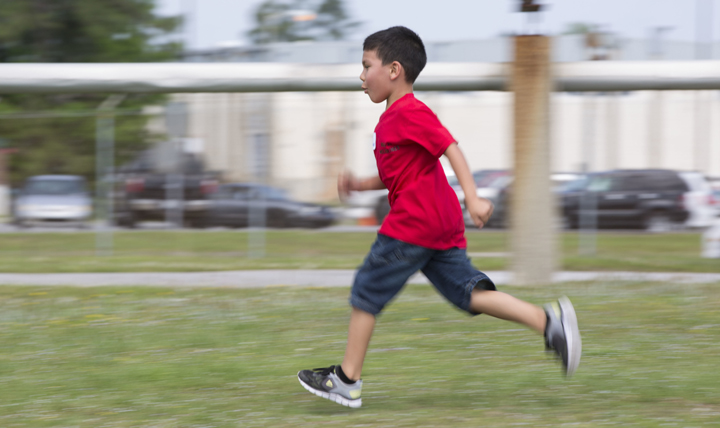
Most recover fully, but it may take longer to heal
Identification of brain injuries in deployed environment surged after enactment of DoD policies
Article
3/27/2018
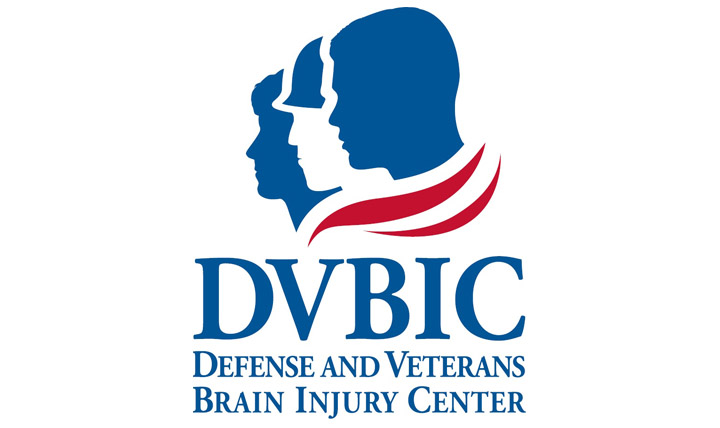
Researchers compared the number of TBIs before and after introduction of new policies aimed at screening for and identifying deployment-related TBIs
The relentless winter poses risk for head injuries
Article
3/21/2018
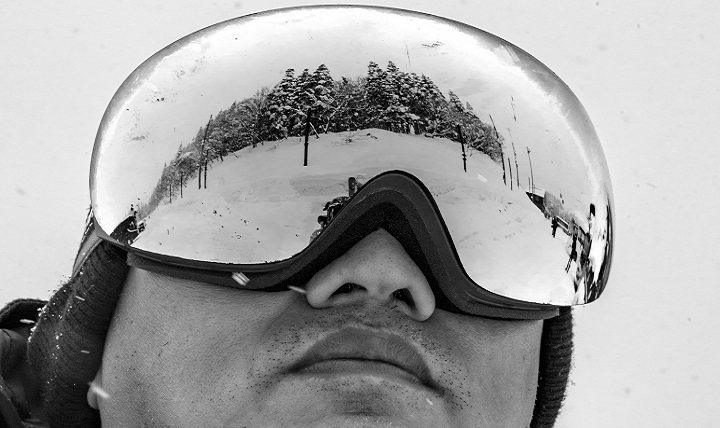
Whether snowboarding or walking on an icy sidewalk, winter conditions and sports can pose an increased risk for traumatic brain injuries
First-ever blood test for detecting brain injury cleared by FDA
Article
3/15/2018
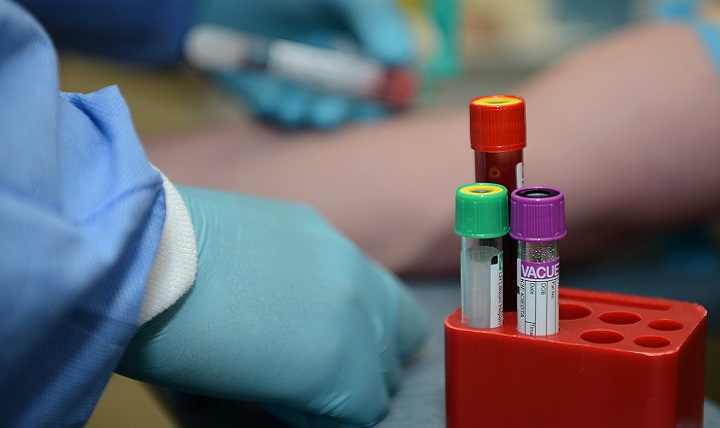
Research funded by the DoD and U.S. Army breaks ground on brain injury diagnostics
Defense and Veterans Brain Injury Center Celebrates 25 Years
Video
3/12/2018

Katherine Helmick, DVBIC acting national director, discusses DVBIC achievements and goals to advance service members' health care. DVBIC honors 25 years of military health care by continued dedication to research and treatment of traumatic brain injury.
Traumatic Brain Injury and the Art of Paddling
Article
3/7/2018
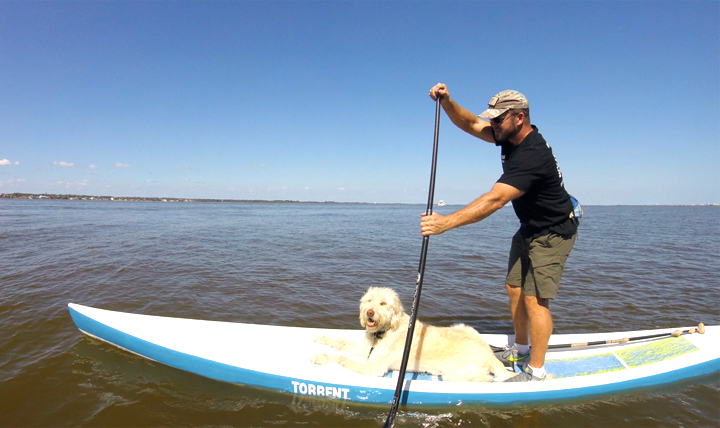
A U.S. Army veteran’s recipe for embracing life after several TBIs
Brain Injury Awareness Month - Videos spotlight military TBI champions
Article
3/5/2018
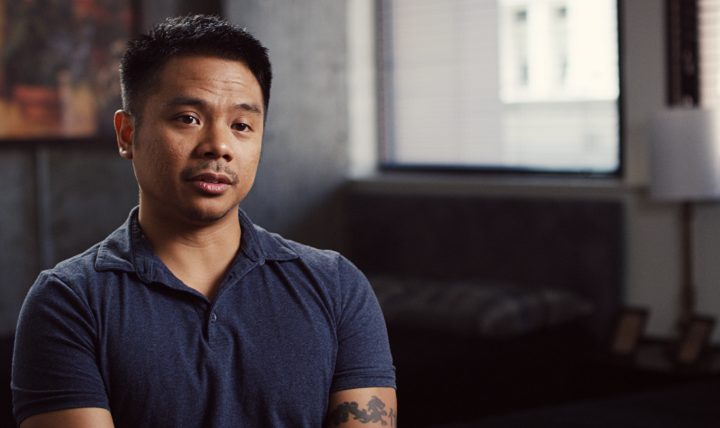
During Brain Injury Awareness Month and beyond, we want our military community to know that recovery from a TBI is possible
New DoD educational podcast series promotes better health
Article
3/5/2018

The instructional podcasts highlight health technology and offer tips, tools and techniques to help improve the lives of those in the military community
Year in Review: Innovations aid warfighters, families
Article
12/26/2017
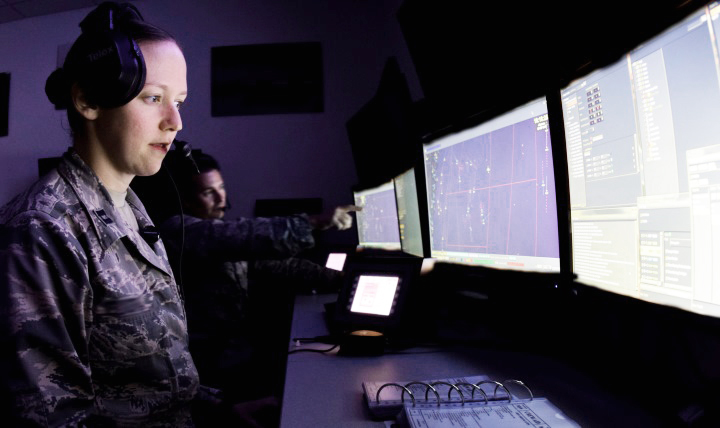
MHS explores world-class solutions for beneficiaries
Invisible wound, visible effects: TBIs need medical help – and the sooner, the better
Article
12/13/2017
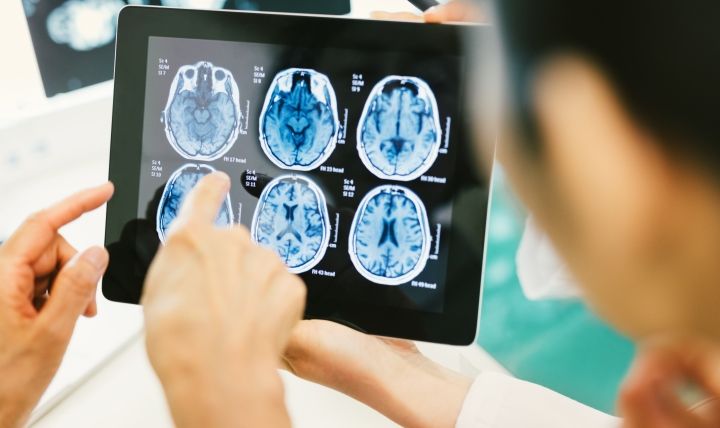
The road to recovery for a traumatic brain injury starts with an evaluation. Regardless of severity or cause, all TBIs require medical attention, experts warn.
Doctors use cutting-edge research at Navy hospital
Article
12/6/2017
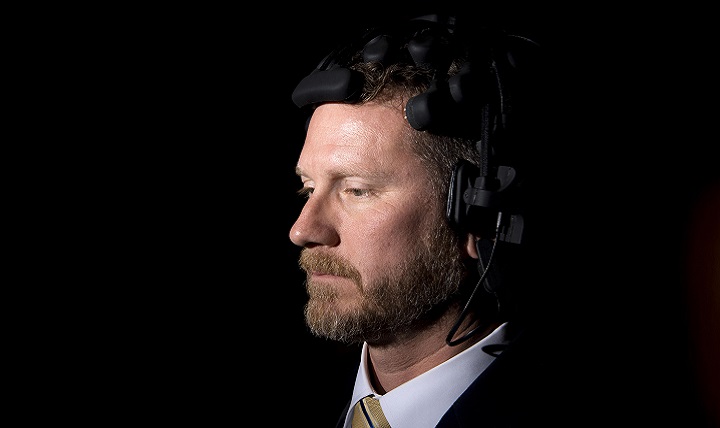
The Navy is developing and using cutting-edge research to better help service members, their family members and retirees
Brain injury sufferers find benefits in music therapy program
Article
11/17/2017
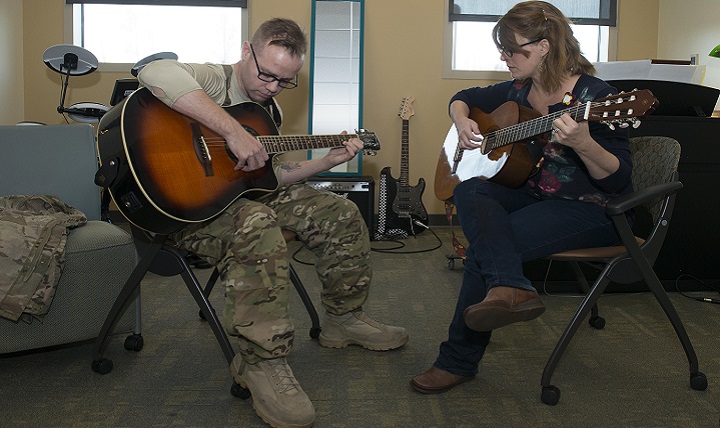
For people with TBI, music therapy can be instrumental to rehabilitation
Centers of Excellence align under Defense Health Agency
Article
11/1/2017
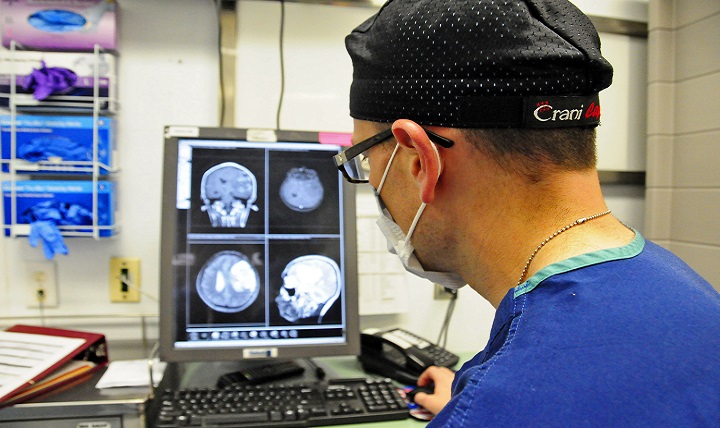
The Defense Centers of Excellence for Psychological Health and Traumatic Brain Injury (DCoE) began realignment under the Defense Health Agency Oct. 1 as part of the ongoing Military Health System transformation
Sleepy teen? Military sleep specialist says help is available
Article
10/16/2017
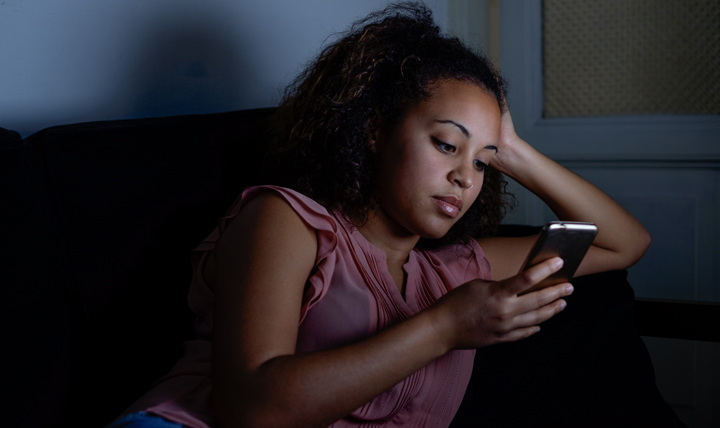
Sagging grades, behavior problems could point to sleep deprivation
Getting ZZZZs: Military sleep clinics keep troops on their toes by shutting their eyes
Article
9/19/2017
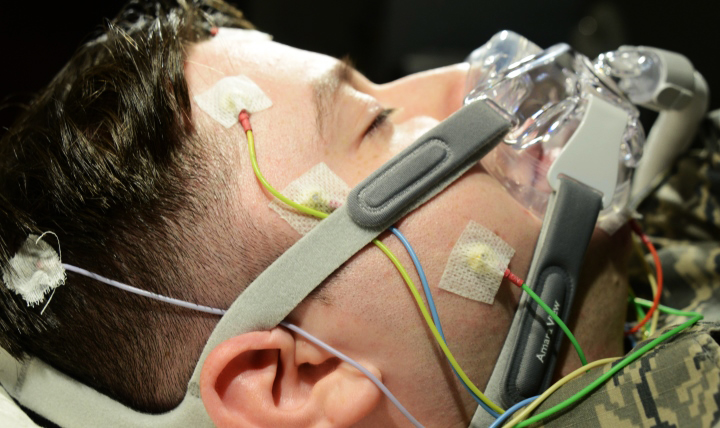
Sleep is an important preventive health tool, and military sleep clinics help patients get the shut-eye they need


































No hay comentarios:
Publicar un comentario